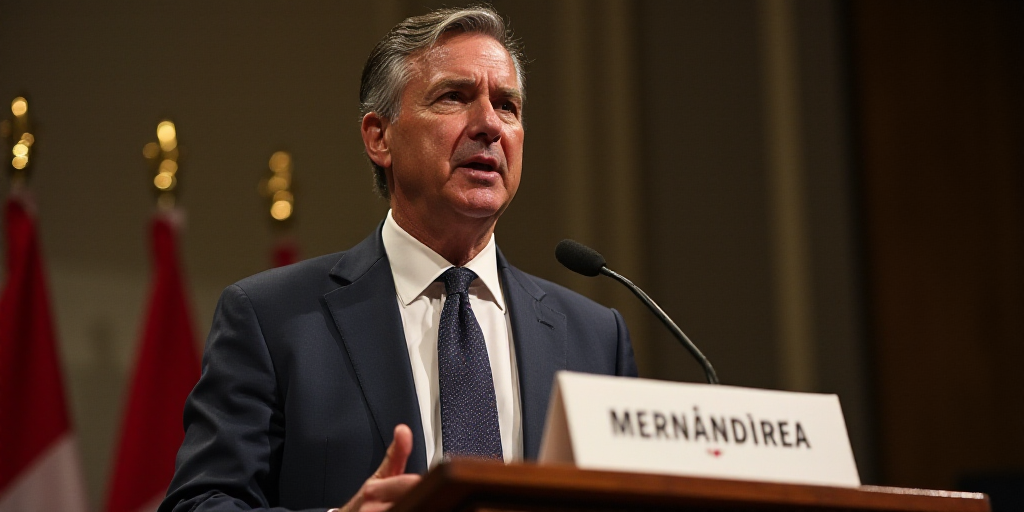Introduction to Eduardo Clark and His Role
Eduardo Clark, the Subsecretary of Integration and Development of the Health Sector, has been instrumental in securing significant savings for Mexico’s healthcare system. His recent efforts have led to a substantial reduction in the cost of medicines and medical supplies.
Achieving Savings through Strategic Negotiations
Clark announced that, following renegotiations and new contract allocations, the government has achieved cumulative savings of approximately 39,000 million pesos in the consolidated purchase of medicines and medical supplies compared to previous years’ prices.
- Direct Negotiation with Providers: Clark emphasized the importance of direct negotiations with high-specialty medication providers, which played a crucial role in securing better prices.
- Adjudication of Competitive Providers: The government prioritized providers offering the most competitive prices, ensuring value for money.
- Reverse Auctions: Implementing reverse auctions helped correct overpriced items, further contributing to the overall savings.
Organization of the Consolidated Purchase Process
The consolidated purchase process for medicines and medical supplies from 2025-2026 was divided into three groups:
- Group 1: Existing Contracts – This group includes 1,139 single-source and patented medication keys, such as cancer treatments, hemophilia therapies, and rare disease medications. These items remain active since January and continue to be supplied to healthcare institutions and patients.
- Group 2: Nulled Lottery Results – This group comprises 954 medication keys affected by the nullification of a previous lottery. New contracts have been generated based on supplier capacity and competitive conditions, allowing healthcare institutions to formalize new contracts and request these medical supplies.
- Group 3: Reverse Auction Process – This group consists of 837 keys with previously adjudicated items at inflated prices or from providers with systematic non-compliance. New allocations will be finalized before May 26.
Ensuring Supply and Additional Savings
To prevent shortages, the Secretariat of Health conducted an urgent purchase of 175 keys, including 21 oncology medications, with immediate delivery. This urgent purchase resulted in additional savings of nearly 1,000 million pesos compared to previous auction prices.
Despite the nullification of the medication and medical supply lottery due to process flaws, supplier non-compliance, and overpriced sales, the delivery of these essential items has continued uninterrupted.
- Delivery Continuity: In January, 51 million pieces were delivered; in February, 67 million; in March, 168 million; and in April, 159 million. During the first four working days of May, the 26 beneficiary health institutions, including IMSS, ISSSTE, and IMSS-Bienestar, received a combined 38 million pieces.
- Ongoing Supply and New Contracts: Clark highlighted that not only are contracts being replenished, but new supply orders are also being generated, ensuring a steady supply of medications during this transition period.
Key Questions and Answers
- Who is Eduardo Clark? Eduardo Clark is the Subsecretary of Integration and Development of the Health Sector in Mexico, responsible for overseeing the consolidated purchase of medicines and medical supplies.
- What strategies led to the savings? Direct negotiations with medication providers, adjudication of competitive suppliers, and reverse auctions to correct overpriced items contributed to the savings.
- How were the medication keys divided? The consolidated purchase process was organized into three groups: existing contracts, nulled lottery results, and reverse auction processes.
- What measures were taken to prevent shortages? The Secretariat of Health conducted an urgent purchase of medication keys and ensured continuous delivery despite the nullification of the original lottery.






